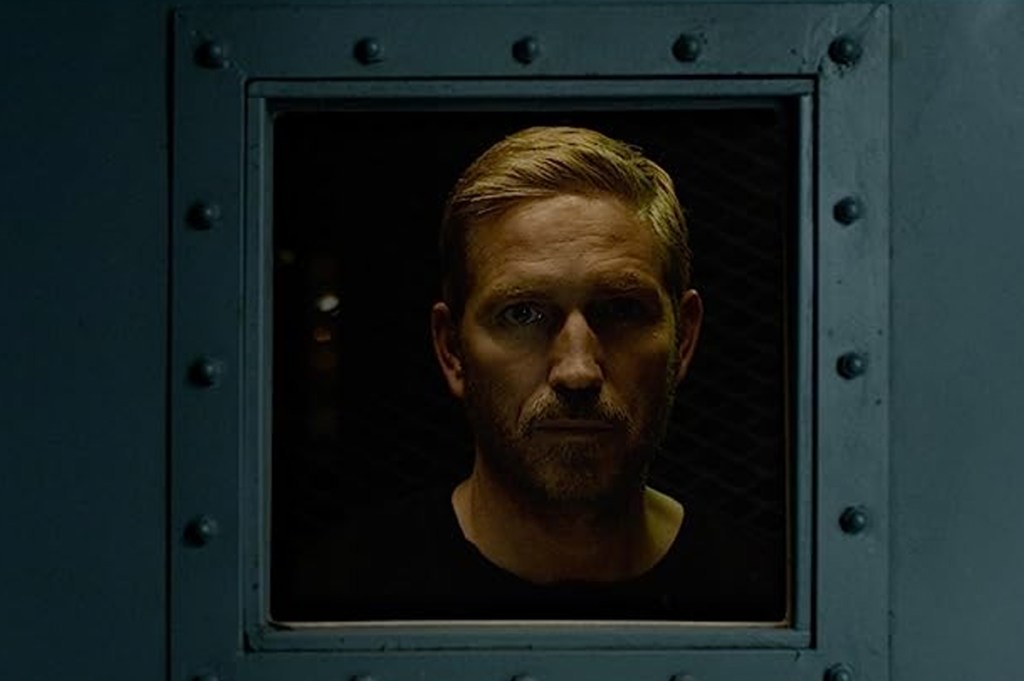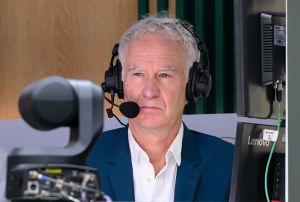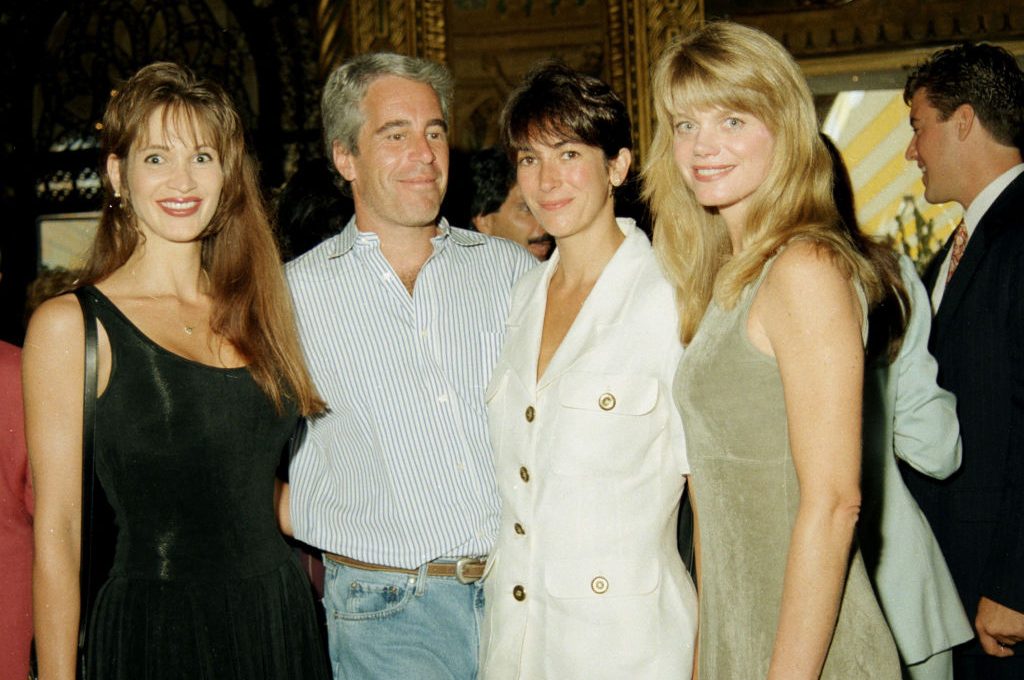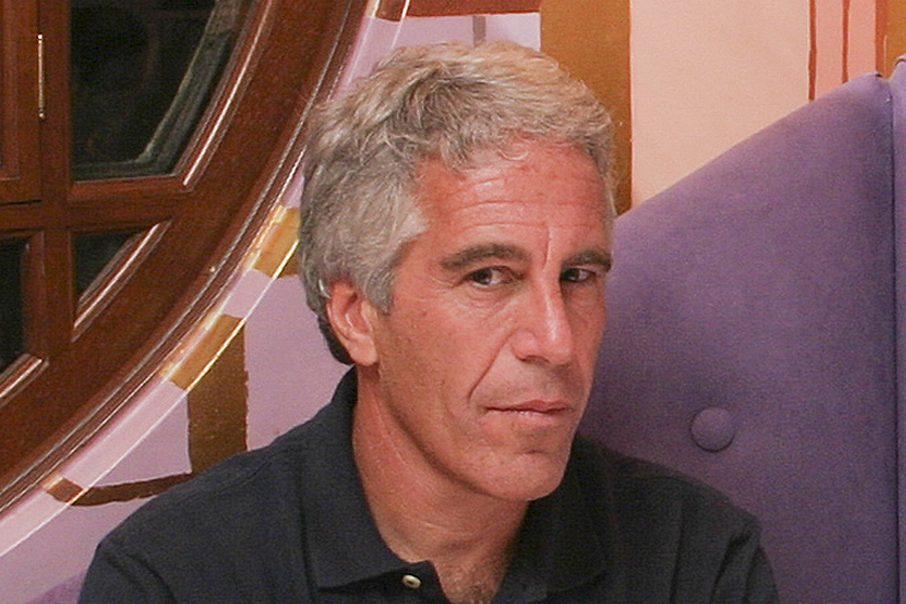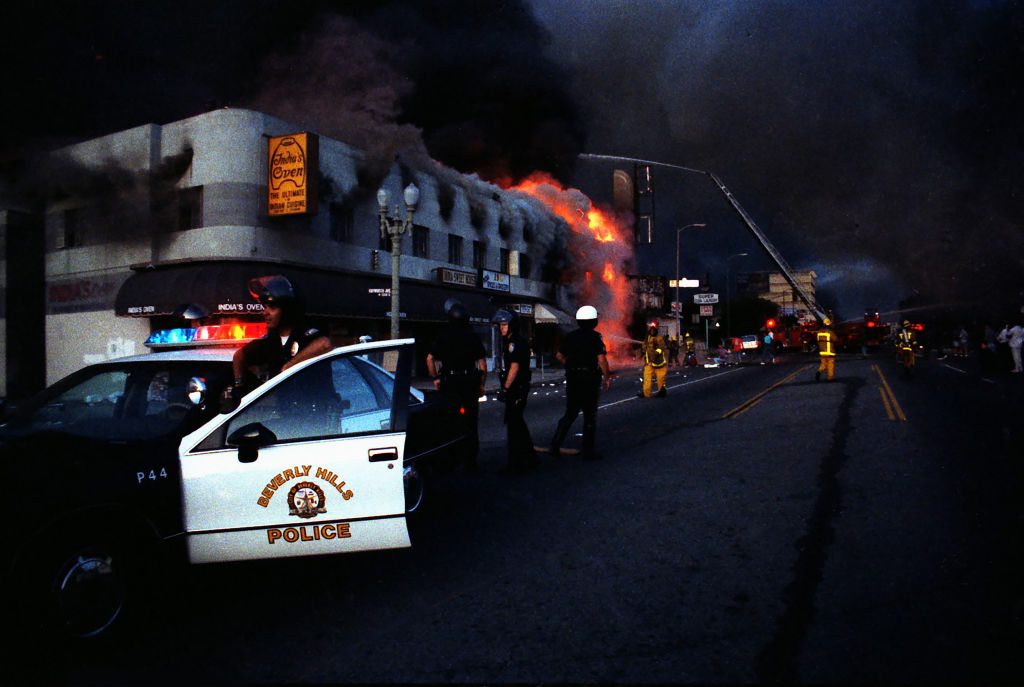A small studio-produced film managed to best a big-budget iconic action hero franchise from Disney on the July 4 box office. You would think that would make for the media an interesting story, both with the success of that small film and the failure of the iconic Indiana Jones franchise. But that is not the tale being told about Angel Studios’ Sound of Freedom, an action-thriller dramatization of the life and career of Tim Ballard, the former DHS agent who founded the OUR (Operation Underground Railroad), an organization dedicated to fighting child trafficking globally.
Sound of Freedom has largely been a crowdsourced word-of-mouth success. Our national media has therefore decided to make it their latest target in their attempt to paint all things successful out of their purview as another right-wing moral panic and conspiracy, honing in on the film and the film’s star Jim Caviezel (The Passion of the Christ, The Thin Red Line). Suddenly, to the national media and outlets such as CNN and the Washington Post, the personal politics of a film’s star matter and affect the topic of the film he happens to act in.
The Guardian, Rolling Stone, CNN and the Post have all branded Sound of Freedom a QAnon conspiracy-adjacent film because the movie concerns child trafficking and its star has expressed sympathies for the fringe online group. CNN has accused the film of stoking a moral panic around child trafficking. Rolling Stone labeled the film a “QAnon-tinged thriller about child-trafficking… designed to appeal to the conscience of a conspiracy-addled boomer.
Will Sommer, who has made a lucrative career painting every corner of the political right as fringe and extremist, wrote at the Washington Post that “its lead actor is a QAnon promoter thinks [sic] a cabal tortures children to drain their glands for adrenochrome.” Sommer is forced to admit later in his review that Sound of Freedom doesn’t actually “depict anything close to QAnon conspiracy fantasies.” That seems like a pretty big detail as it pertains to Tim Ballard and the topic of the film.
The media is committing a rhetorical trick and logical fallacy by linking all child trafficking to one vague if well-known online conspiracy. “QAnon believes children are abducted for weird spirit cooking rituals and therefore all child trafficking is a conspiracy theory.” On CNN, a guest said that “these films are created out of moral panics… it specifically is looking at QAnon concepts of these child trafficking rings.” These segments seem to exist solely due to the personal politics of the lead actor.
Yet when a new Top Gun or Mission: Impossible film is released, we are not flooded with stories about star Tom Cruise’s role in the kooky Church of Scientology from the Washington Post or CNN. Why is this?
The media targeting of Sound of Freedom (which, once again, is a dramatization of a real person and a real international problem also depicted in several Liam Neeson films) has only buoyed national exposure to the film, which continues to perform strongly at the box office and could serve as a lesson to both Hollywood and the media. Word-of-mouth is powerful, whether that pertains to small independent films or the quality of journalism. Audiences know a targeted campaign when they see one — especially when those same reporters are dismissing a very real problem that they just don’t seem to care about.



